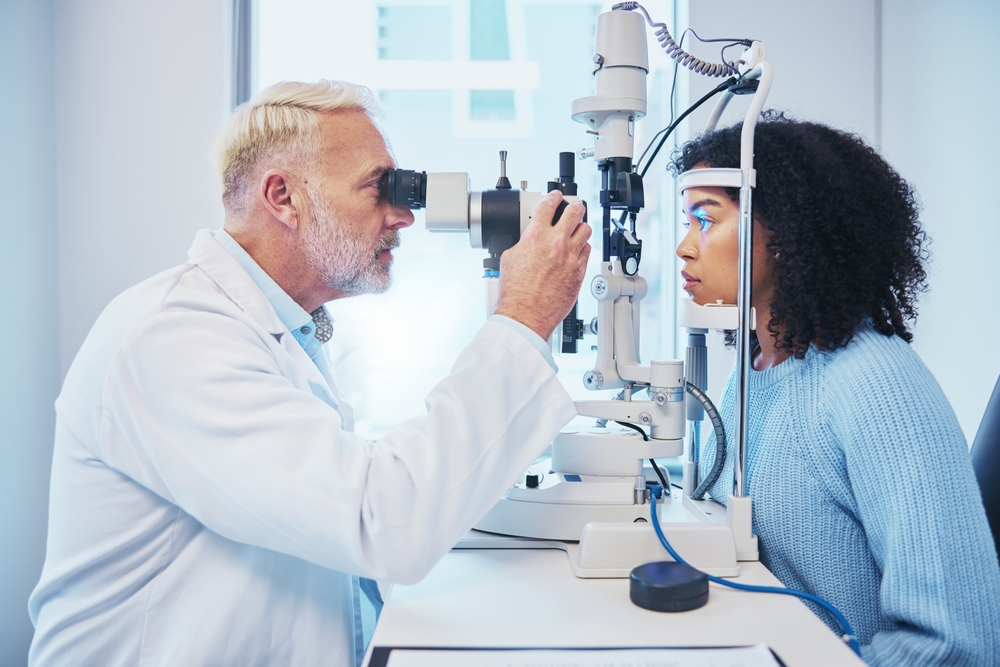
Glaucoma is a prevalent eye disease that can lead to a gradual loss of vision. Despite the seriousness of glaucoma, many people are not aware of the importance of regular eye check-ups and proactive eye care. The lack of knowledge and understanding about glaucoma often leads to late diagnoses, making treatment more challenging and less effective.
The Causes of Glaucoma
There are several causes of glaucoma, and understanding these can help in its early detection and prevention. The primary cause of glaucoma is an increase in intraocular pressure (IOP). This increased pressure can damage the optic nerve, leading to vision loss.
High IOP is usually caused by a buildup of fluid in the front part of the eye. This fluid, called aqueous humor, is produced constantly by the eye. When the eye's drainage system becomes inefficient, the fluid can't flow out at its normal rate and pressure increases.
Other factors that can contribute to the development of glaucoma include age, ethnicity, and genetics. Individuals over 60, people of African, Asian, and Hispanic descent, and those with a family history of glaucoma are at higher risk. Conditions such as diabetes, high blood pressure, and myopia can also increase the likelihood of developing glaucoma.
Recognizing the Symptoms of Glaucoma
Recognizing the early symptoms of glaucoma can be challenging because they can be subtle and progress slowly. Often, there are no warning signs, and the effect on your sight is so gradual that you may not notice a change in vision until the condition is at an advanced stage.
The vision loss due to glaucoma is characterized by a gradual loss of peripheral vision. You may feel like you're looking through a tunnel. Over time, straight-ahead vision may decrease until no vision remains. An acute form of glaucoma, called acute angle-closure glaucoma, can present sudden symptoms such as severe eye pain, nausea, and vomiting, and sudden visual disturbance.
The Importance of Early Detection and Intervention in Glaucoma
Like many other diseases, the early detection and intervention of glaucoma are crucial. The sooner glaucoma is diagnosed, the less vision loss you may experience, and the more sight you're likely to preserve. Glaucoma is a leading cause of blindness for people over 60 years old, but blindness from glaucoma can often be prevented with early treatment.
Intervention typically begins with prescription eye drops. These can help decrease eye pressure by improving how fluid drains from your eye or by decreasing the amount of fluid your eye makes. If eye drops aren't enough, your doctor may suggest additional treatments such as laser treatment or surgery.
Proactive Steps for Glaucoma Prevention
Regular eye exams play a significant role in glaucoma prevention. Since the disease often has no early symptoms, regular eye exams that include measurements of your eye pressure are essential to rule out early signs of glaucoma.
In addition to regular eye exams, there are other proactive measures you can take for eye care. These include regular exercise, a healthy diet, protecting your eyes from the sun, and avoiding smoking.
Maintaining Your Eye Health
Proactive eye care is vital in preventing glaucoma and preserving your vision. By understanding the causes and early symptoms of glaucoma, recognizing the importance of early detection and intervention, and committing to regular eye exams, you can significantly reduce your risk.
Don't wait until it's too late, take the first step towards proactive eye care today. To learn more on glaucoma or to schedule your next eye exam, visit Eldorado Vision & Optical at our office in McKinney, Texas. Call (972) 564-8400 to book an appointment today.







